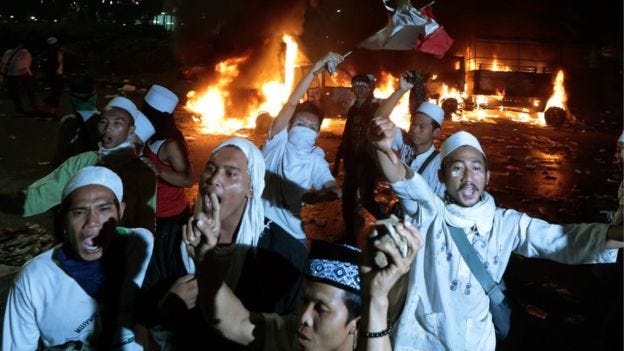You never know what could inspire you. It might be the voice of a raindrop falling on the roof, it might be a book you just read, or a person you just met. Some people are deliberately looking for their inspiration but never find it, but some people are lucky enough to be inspired without they ever looking. Today, I’m feeling lucky, I was inspired.
For me it came in the form of friends. An old friend of mine who is now a surfer inspires me to never get easy on your dream. However old you are, and however far you are from your dream, go for it. It’s been four years from the last time we met. I remembered in one of our last conversation, sitting by the beach in Cimaja she told me how great she wanted to learn surfing. It was always her dream to be a surfer. That time, she proudly said to me that she would move to Bali and learned to be a surfer. I was laughing about it, everyone wanted to move to Bali but no one actually did. With a determination, she repeated once again that she would move to Bali and became a surfer.
4 years later, she’s now a popular long board surfer living in Bali.Everyday is a beach day for her. She looks much darker and much happier, than the last time I saw her. We don’t talk much all this time, but she remains a good friend. I texted her yesterday, I told her how proud I was to have known her all this time. With a humble heart she said to me “Thank you, but I am your biggest fan since forever.” Oh, what am I compare to her, I thought. I am drifted away from my dream because I’m afraid of failure. I’m afraid of what people might say about me if I don’t succeed in achieving my dream. I don’t express that to her, but I know she will say that, “I am still you biggest fan”.
Somehow, our short interaction inspire me that there are so many things life will offer us, if we never scare enough to try and to let life happen.
In a year, I usually only have one get away trip. This year, I went to Medan for some Toastmasters competition. I was planning to go with my mentor, but she canceled her trip last minute due to some business issue. I was left with an option, to travel alone or to travel with an acquaintance. When it comes, to friendship, I am a difficult person. I don’t get along with people easily. Those who finally become a friend can’t stand me, because I’m a pain in the ass. But I don’t like to travel alone, so I choose to arrange my trip with an acquaintance and be prepared that she will remains an acquaintance, because she might hate me. Well, she didn’t.
She likes me as much as I like her. We get along pretty well. It turns out that she’s just like me. Always fired up when someone talk about ideas. She even knew a trivial fact, I asked her. I feel so happy that I want to cry. It feels like finding my self in a form of other human being. It’s like a doppelganger but this time, not of look, but of character.
We’re like a coin, she’s the side A and I’m the side B. I don’t have many of her qualities, like she doesn’t have many of my flaws. We are the same, but somehow we are different. One of her good habit is writing a journal. She might be the first person I encounter that still writes a journal before bedtime. Unlike a regular diary, she has a specific theme of her journal everyday. Most of the theme she chose, relate to leadership and philosophy of life. She challenged me yesterday to write one of theme of her journal. I did it and I thought I wanted to do it again. So I write this. I was inspired to write and to arrange my thought by writing. Well, you never know how life will inspires you.
When you don't have many friends, having a new one is a luxury. I am glad that life has brought us together. Thank you life for the inspiration and the friends you brought me


